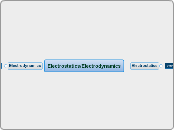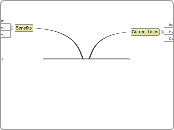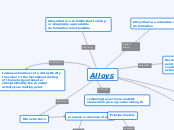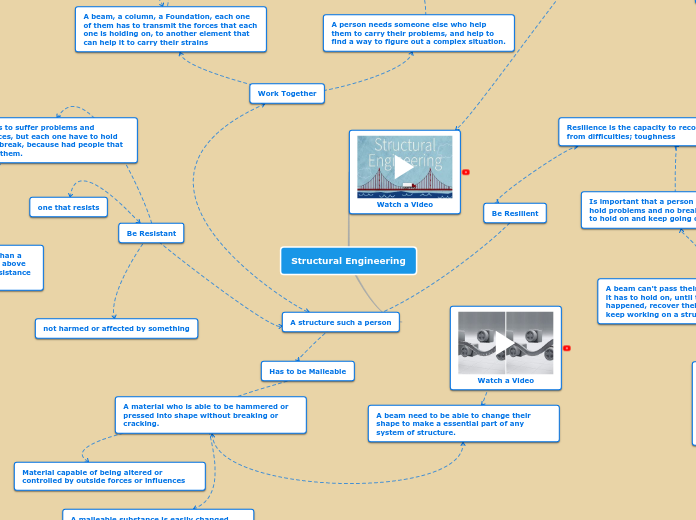Electrostatics/Electrodynamics
Electrodynamics
Electric Charges In Motion
Electric Circuit
Resistance
Conductance
Reciprocal Of Resistance
Temperature
Cross-sectional Area
Length
Material
Ohm's Law - I = V/R
R = Resistance In Ohms
V = Potential Difference In Volts
I = Current In Amperes
Ohm = Resitance Of Column Of Mercury: 14.45g wt./106.3 cm ht.
Property Of Circuit Which Hinders/Opposes Current Flow
Current
Ampere (Amp) = 1 Coulomb Charge Flowing Per Second
Amount Of Charge Flowing Per Second
Potential Difference
1 Volt = 1 Joule/Coulomb
EMF (Electromotive Force) = Maximum Difference Of Potential
Drives the Electrons
Electrostatics
Static Electricity
Laws
Force Between Charges
Coulomb's Law
D is distance in meters
Q is quantity in Coulombs
k is medium dependent constant
F = Force In Newtons
F = k([Q1 x Q2]/Dsq)
Directly Proportional To Product Of Their Quantities
Inversely Proportional To Square Of Distance Between Them
Electrification
Induction
Contact
Friction
Charges
Unlike Charges Attract
Like Charges Repel
Negative
Positive









